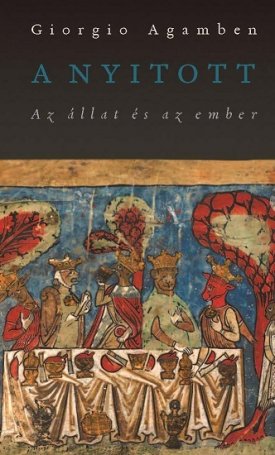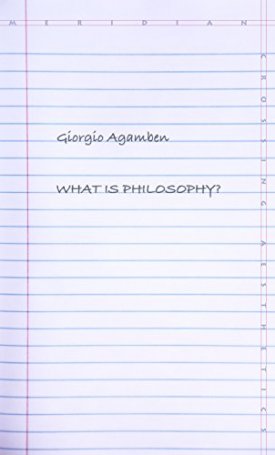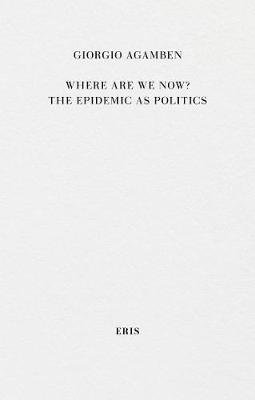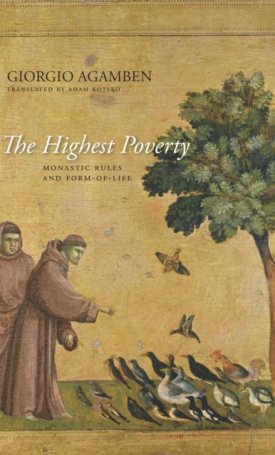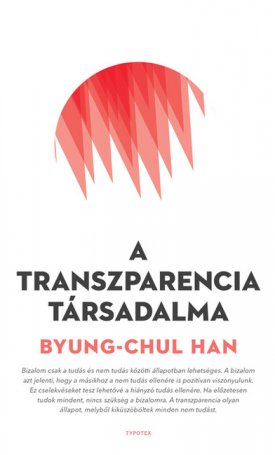The Sacrament of Language
The Sacrament of Language
Oaths play an essential part in the political and religious history of the West as a `sacrament of power`. Yet despite numerous studies by linguists, anthropologists and historians of law and of religion, there exists no complete analysis of the oath which seeks to explain the strategic function that this phenomenon has performed at the intersection of law, religion and politics.
The oath seems to define man himself as a political animal, but what is an oath and from where does it originate? Taking this question as its point of departure, Giorgio Agamben`s book develops a pathbreaking `archaeology` of the oath. Via a firsthand survey of Greek and Roman sources which shed light on the nexus of the oath with archaic legislation, acts of condemnation and the names of gods and blasphemy, Agamben recasts the birth of the oath as a decisive event of anthropogenesis, the process by which mankind became humanity. If the oath has historically constituted itself as a `sacrament of power`, it has functioned at one and the same time as a `sacrament of language` - a sacrament in which man, discovering that he can speak, chooses to bind himself to his language and to use it to put life and destiny at stake.






